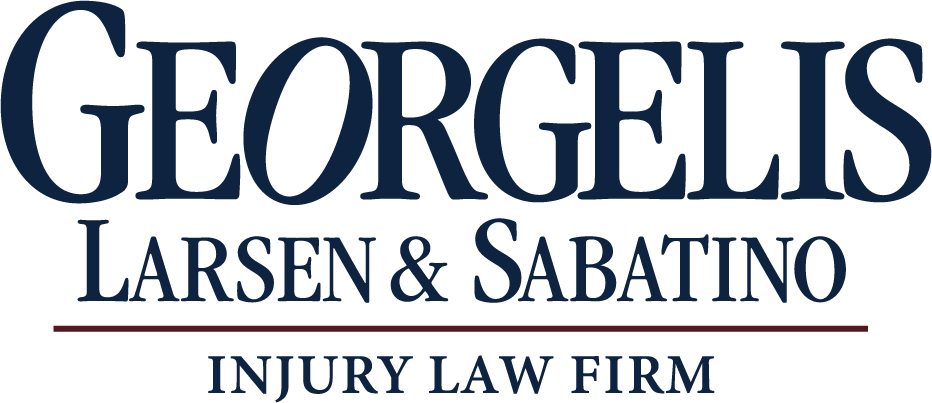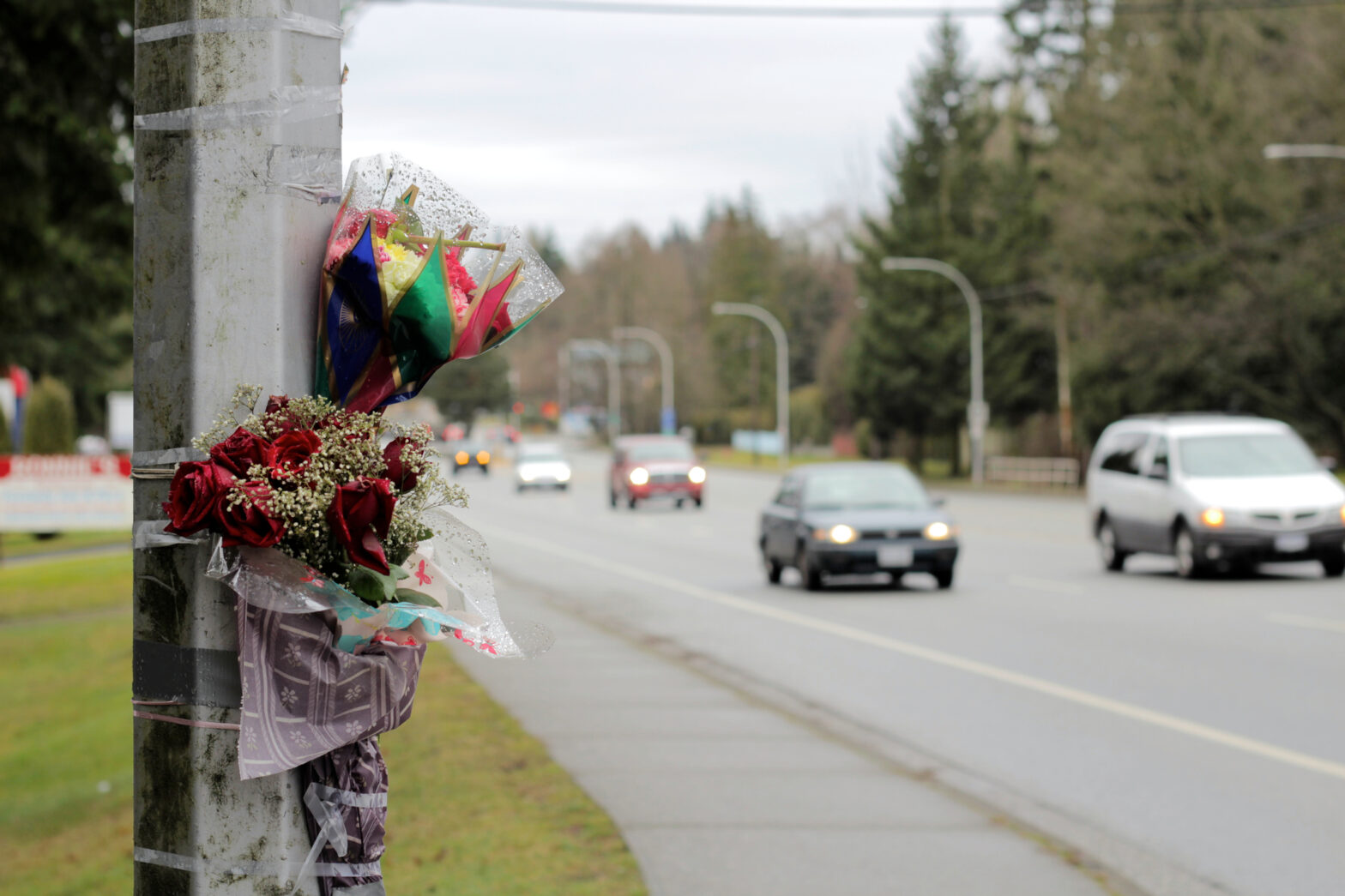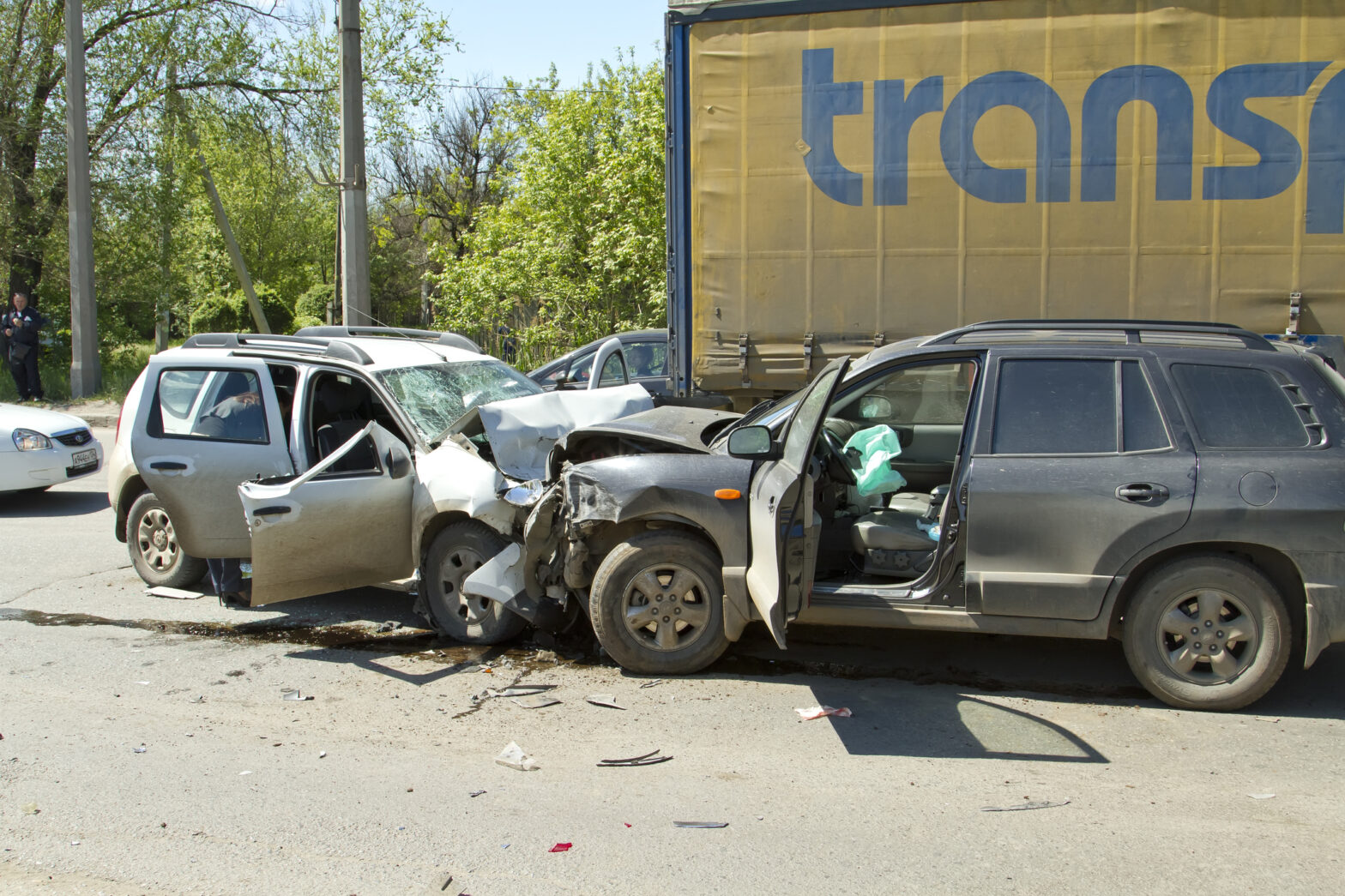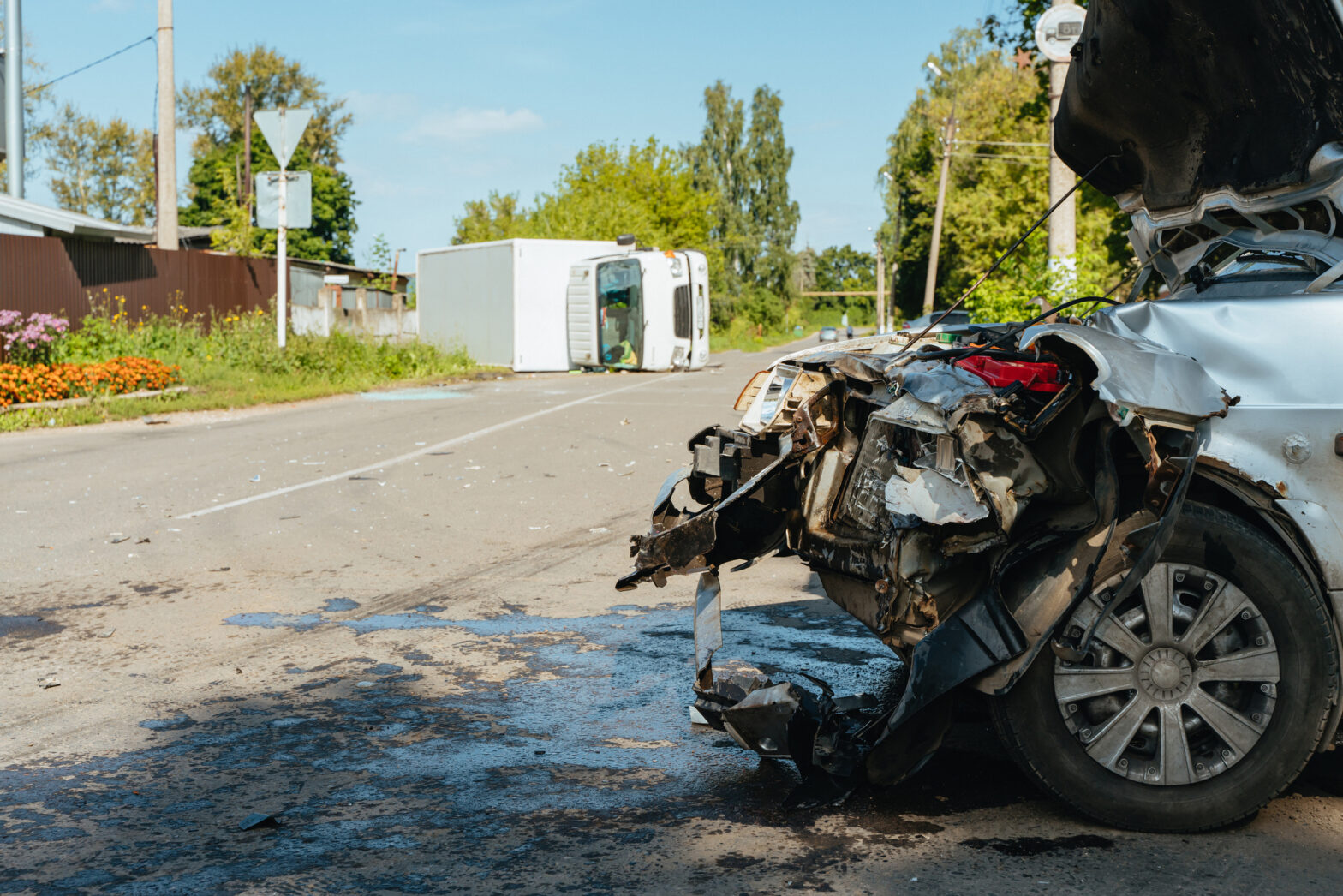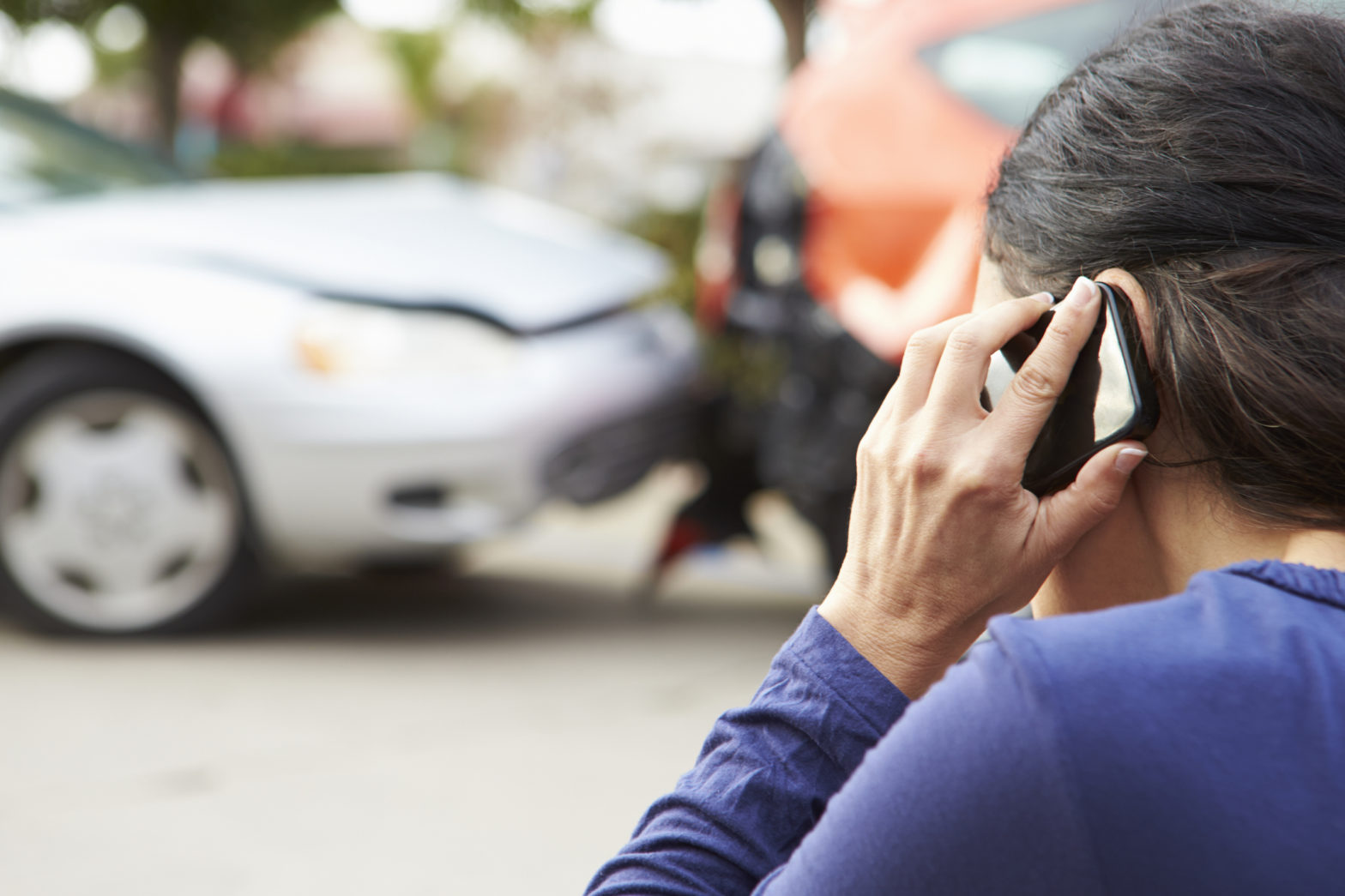
Whether it’s a good friend who needs a favor while their car is in the shop or a significant other who takes the car for a quick errand, drivers frequently borrow each other’s vehicles. But what happens when someone driving your car gets into an accident? Many people think the driver will be held liable, but that is incorrect – you, as the owner, are liable.
Auto insurance follows the vehicle, not the driver, so the insurance company that holds the policy for the owner of the vehicle would, in most cases, be held responsible for covering the losses. Think of it this way – when you loan someone your car, you are also loaning them your car insurance.
As with most laws, there are some exceptions (stolen car, someone took the car without your permission, etc.). There are steps to take if this is the case, and we will cover those. We will also discuss negligent entrustment and what it means for the owner and their liability.
First, what makes you liable if an accident occurred while someone else was driving your car? The answer is when you have given them permission, or ‘permissive use.’
What Is Permissive Use?
Permissive use is an auto insurance industry term that means you have given direct or implied permission for someone to drive your car. In households with multiple drivers, implied permission is given to anyone in the household driving your vehicle, even teenage drivers unless they are specifically excluded.
Just like when you are driving your own vehicle, the borrowing driver is covered under your insurance policy if they are involved in an accident. Collision coverage would pay for any damages to your car and your liability coverage would cover the damages to any other vehicles involved in the accident.
If the car accident results in an injury, you may be personally liable for personal injury claims filed by the injured. This means you could be responsible for medical bills, property damages, lost earnings, and pain and suffering. The injured driver can file a claim against your insurance company and even file a personal injury suit against you to seek compensation.
Your insurance coverage should specifically state who is listed as a permissive driver and detail the coverage in case of an accident. If you have frequent ‘borrowers’ (i.e.: roommate, boyfriend or girlfriend, close friends), you can add them as a listed driver to be sure you are covered in case of an accident.
Negligent Entrustment
Perhaps the biggest risk to a car owner is when they let someone borrow their car who is incompetent, reckless, or unlicensed, and an accident or injury occurs as a result. The borrowing driver may have a poor driving record or a history of addiction. Because this information is readily accessible, you, as the car owner, loaned your vehicle to someone not responsible enough to operate it safely. This is negligent entrustment and puts you at risk for a lawsuit.
Let’s say you loan your car to a friend who then operates the vehicle while intoxicated. On his way home, he gets into an auto accident with another driver. Both cars have damages, and the other driver is injured. The driver of that vehicle has the right to file an insurance claim for damages and can name you as a defendant in a civil suit. Your friend’s insurance, if they have a policy, would not be liable.
While each case or situation is different, negligent entrustment cases typically involve:
- Loaning a vehicle to a driver known to be reckless because of age or experience
- Letting someone with a poor driving record or mental capacity borrow your car
If someone injured you or a family member while driving a vehicle without permissive use, it could be considered negligent entrustment. It’s important to consult with a car accident lawyer to understand your rights and what steps you should take after the accident.
What If the Driver Didn’t Have Permission?
Suppose a friend or relative ‘borrows’ your car without asking first and gets into an accident. In this case, their insurance would likely be liable, and your insurance potentially would be secondary. If the driver is uninsured, though, you could be held 100% liable. Since you know the person, your insurance company will likely assume you gave them permission to drive your car so be sure to make it clear you did not.
Another scenario where you would not likely be held liable is if your car is stolen and an accident occurs. While auto theft has declined over the last decade, it still happens. In this case, the owner won’t be liable for injuries or damages to the other vehicle. Your auto insurance policy will cover any damages to your own vehicle.
If your car is stolen, there are several steps to take to protect yourself from liability including:
- Verifying the car was stolen: Believe it or not, some people mistakenly think their vehicle was stolen when the car was parked elsewhere. Check to see if your car was towed or parked in a different spot before reporting it to the police.
- File a police report: If your car was stolen and you are the victim of theft, contact the police to file a report. You will need to provide the police with the make, model, and VIN number.
- Inform your insurance company: Regardless of the type of insurance coverage you have, you must inform your agent of the theft, especially if the car may be involved in an accident. Most insurance companies will investigate the theft to make sure fraud is not involved.
What to Consider If Someone Asks to Borrow Your Car
We all want to help a friend in need or may feel uncomfortable saying no to a family member who wants to borrow our car. Before saying yes, though, ask yourself a few questions to decide if you can trust another driver with your vehicle. The decision to let someone borrow your car can have long-term consequences.
- Is the driver licensed?
- Does the borrowing driver have a good driving record? Have I ridden with them before and felt safe?
- Does the driver have a history of reckless behavior or addiction?
- Does my insurance cover other drivers? Is my insurance up to date?
- What is the driver using the car for? Are they running a quick errand or going on a long road trip?
If you are uncomfortable with any of the answers to the above questions, think twice before loaning your car out to another driver. You could be liable for damages and injuries in the case of an accident.
Contact Lancaster’s Top Auto Accident Law Firm
Navigating the legal system after a car accident can feel overwhelming and frustrating, especially if you were not driving your vehicle or the accident was caused by a non-permissive driver at the time of the accident. At Georgelis, Larsen & Sabatino Injury Law Firm, P.C., we have decades of experience working with clients on their auto accident and injury cases. We can help you throughout the process and protect your rights.
We have recovered more than $60,000,000 for our clients and have won 99% of our cases. Reach out today for a free consultation – 1-800-HURT-NOW.
